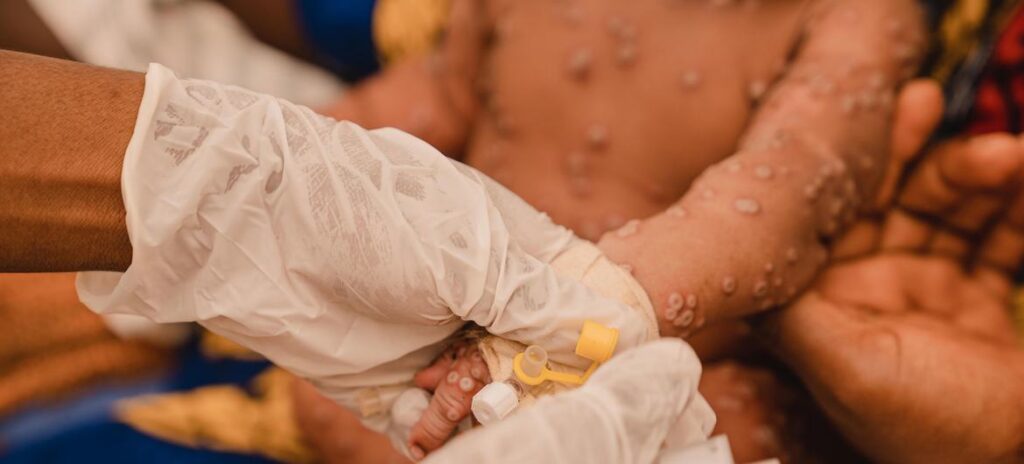
According to UN refugee agencyForty-two suspected cases of MPOX have been identified in the South Kivu province of the DRC, the war-torn Central African country that is the epicentre of the outbreak.
There are other suspected and confirmed cases among refugees in the Republic of Congo and Rwanda.
The number of clients is growing
On August 14, the president of the World Health Organization (WHO) declared the increase in mpox cases a public health emergency of international concern (PHEIC), with most cases to date identified in the DRC.
Recent WHO reports indicate that there are currently over 18,000 suspected cases of mpox and 615 confirmed deaths in the region. In neighboring countries, over 220 registered cases of the new mpox strain Clade 1b have been recorded.
UNHCR noted that there are also suspected cases in “conflict-affected provinces” where the DRC’s 7.3 million internally displaced people reside.
“In these areas, the virus threatens to further exacerbate an already impossible situation for a population that has been affected by conflict for decades.“forced displacement, horrific human rights violations and a lack of international assistance,” UNHCR said.
‘No room to isolate’
According to the refugee agency, people in displaced communities fleeing violence face a “huge challenge” in implementing MPOX prevention measures as they live in overcrowded reception centres and have limited access to essential services and humanitarian assistance.
“Displaced families living in overcrowded schools, churches and tents in farmers’ fields, no room to isolate if they develop symptoms of the disease,” UNHCR said.
In addition, displaced community members in unstable areas in eastern DRC experience Difficulty reaching laboratories for mpox testing.
Agencies respond
WHO, UNHCR and their partners, in collaboration with national health authorities, have strengthened health system preparedness and response measures in refugee camps. This includes strengthening handwashing stations in public areas and transit centers.
Where cases are confirmed or suspected, initiatives are being taken at national level to raise awareness and provide accurate information in the languages spoken by the displaced groups.
However, the scale of the outbreak has led to a shortage of health workers to meet the growing demand, the UNHCR said.
The refugee agency stresses the importance of fully involving refugees and displaced people in national preparedness and response to this public health emergency, from monitoring to medical care.
“There is an urgent need for international solidarity to expand health care, isolation centres, humanitarian reception centres and access to water and soap for those forced to flee.,” UNHCR said. “In conflict areas, peace is also urgently needed to ensure a sustainable response to stop the spread of the disease.”

